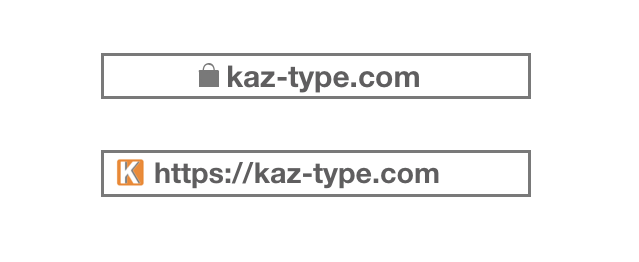Of course, there are free programs available but when students are learning online, school teachers and parents need to be sure that all data is safe and not being spammed, as can be the case with free software.
“I initially got another typing tutor and was emailed continuously with snippets of information. It continued inspite me telling them to stop. I cancelled my subscription and bought KAZ. I’m so pleased I did – it just worked and no spam!” Mary Owen UK
Why give software away for free?
Generally free software is a means for gathering or ‘havesting’ data and for generating revenue from advertising. However, the real concern is what is done with this data.
“Where did they get my information, my email, learn my shopping habits, what I like to eat, read?”
Data collection is a science, with degrees and doctorates in the subject. Google and Facebook are just a couple amongst many, that harness and collect data. They are able to provide a snapshot of where, when and how we shop, purchase and browse. Allegedly, elections have been won using this science!
Where do they get this information?
Your browsing history and your favourite blogging/posting sites.
Remember, by just browsing, your location and search history can all be monitored.
With ‘opt-in’ sites, there is a larger collection of data, as ‘opting-in’ gives the site the go-ahead to gather more information such as email addresses, job sector, position etc.
Free courses may put a cookie on your computer in order to harvest data and by ‘opting in’ you are allowing them to show advertisements or pop-ups, which may or may not be appropriate for the user. How can you guarantee the content from this site if you do not have any control?
We are all aware of ‘cookies’, ‘bugs’ and ‘worms’. Essentially, these are all the same but some are malicious, others are not.
So before you download freeware check if the site is secure? What guarantees are there? Is there a privacy policy in place? Is there a data policy in place and is there any institutional governance?
But I have anti-virus software…
Yes and there is a very good reason why we all have some form of anti-virus software installed on our computers, protecting us and our data. These subscriptions keep our computers safe but they are constantly fighting the cyberwars and continually updating bug fixes for new viruses infecting not only your computer but those of the wider web community. However, what they cannot stop us doing is giving our data away freely.
GDPR rules and regulations gave us a reprieve for a few months but all seems to have returned back to normal, with inboxes filling with junk /spam.
Safe and Secure…
Importantly, remember it is your duty to safeguard your family, especially your children, to keep their data and learning environment safe.
Teachers are responsibe for ensuring the health & wellbeing, online safety and security of all colleagues and for protecting their students and their data.
Is it really worth taking a risk with free software? What are the legal implications? Is the company legally registered? Can I contact them and is their information clearly displayed? Always read their Privacy and Data Policy.
The KAZ website and all their courses are secure and as members of ICO.org strictly adhere to their rules and regulations. They are a UK registered company, their Privacy and Data Policy is clearly displayed on their website and all their patents registered in the UK and US. They guarantee no pop-ups, no advertising and no solicitation by email.


